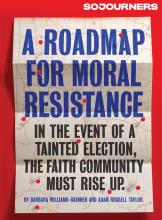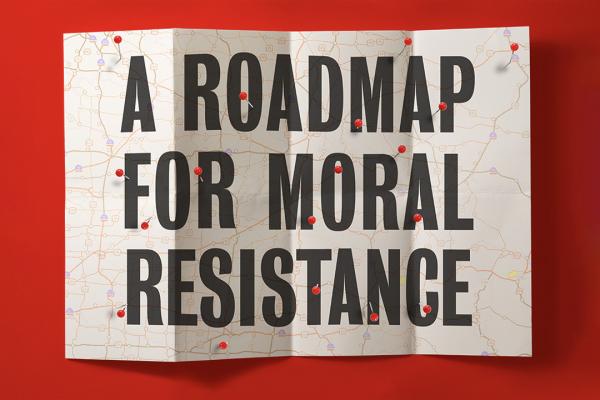THE RIGHT TO VOTE, a foundation of our democracy and a fundamental attribute of citizenship, is under serious threat. In recent years, attacks on the integrity of the electoral system—the gutting of the Voting Rights Act, disinformation campaigns, foreign interference, and more—have weakened its overall infrastructure and cast doubt upon its results. Now we’re seeing repeated attempts, through propaganda and other means, to further undermine the system and discredit in advance the results of the 2020 election.
The president has attempted to co-opt real concerns about the upcoming election, claiming without evidence that it might be “stolen” as a result of fraud tied to vote-by-mail. His efforts deflect attention away from the ways that voter suppression efforts already underway pose a real danger, both to people seeking to exercise their hard-won right to vote and to the integrity of the electoral system itself.
As many have pointed out, there are numerous ways internal or external forces could call the results of the election into question: declaring a state of emergency that disrupts voting, delaying Election Day, interference by hostile foreign powers, tampering with voting machines or databases, and more. All of these represent legitimate threats, but perhaps the most likely scenario is that rampant voter suppression tactics impede enough voters in key battleground states to alter the presidential election outcome and which party controls Congress.
Read the Full Article

